Posts in Category: Pet Wellness and Preventive Care
Peace of Mind for Pet Parents: Understanding the Value of Pet Insurance

As responsible pet owners, we want to provide the best possible care for our beloved animals. However, unforeseen accidents and illnesses can lead to unexpected veterinary expenses. That’s where pet insurance comes into play.
In this blog post, we’ll explore the benefits of pet insurance and how it can be a game-changer for your pet’s health and your peace of mind.
Continue…Guarding Their Health: The Importance of Regular Wellness Exams
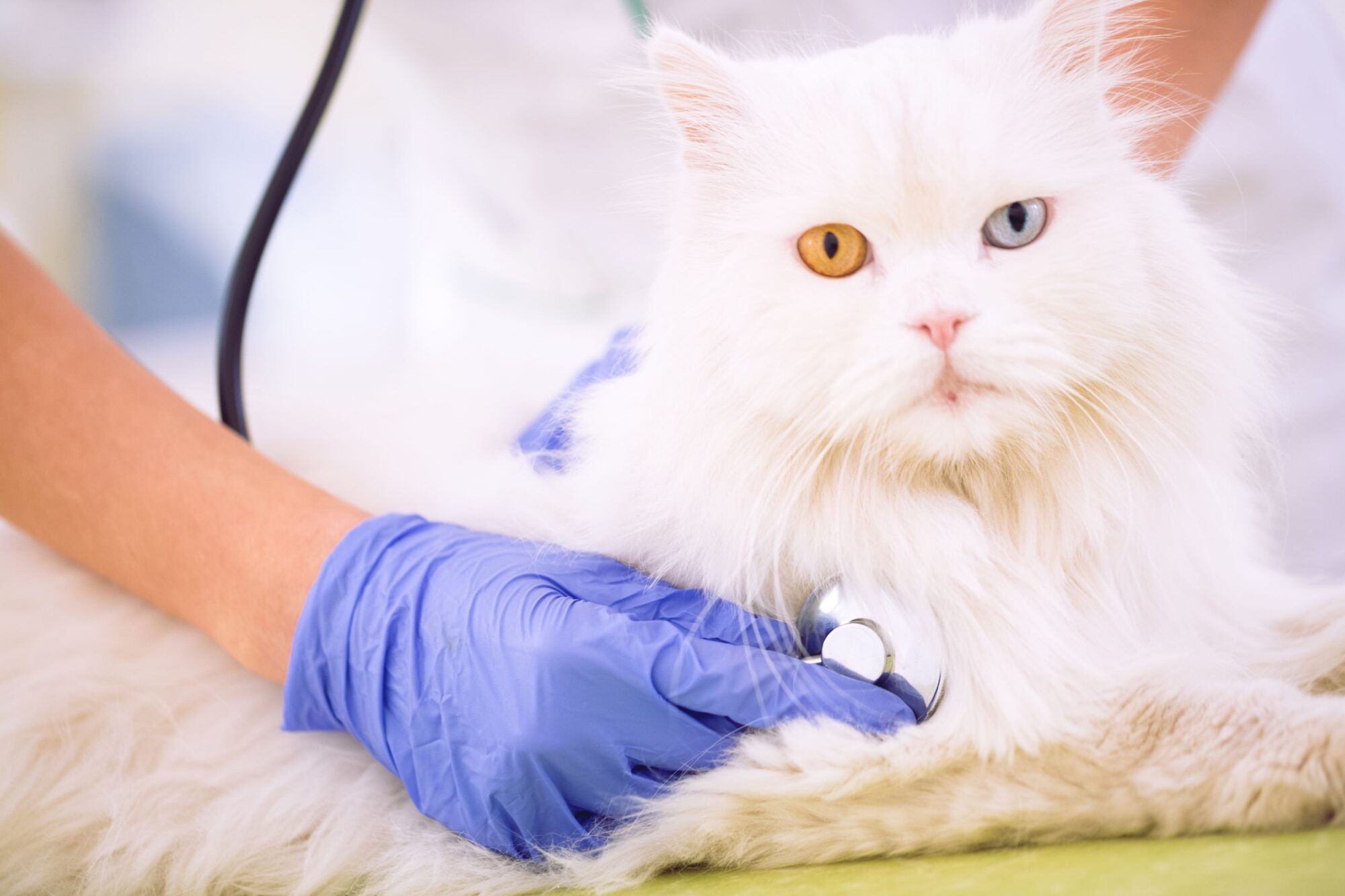
If your pet seems healthy, happy, and completely free of medical issues, it can be tempting to skip his yearly wellness exam. Especially if you’re already juggling what feels like a thousand other responsibilities.
But pet health check-ups are an incredibly important part of being a responsible pet parent. The team at Curem Veterinary Care shares why routine veterinary exams are a must.
Continue…Recognizing and Managing Chronic Pain in Pets
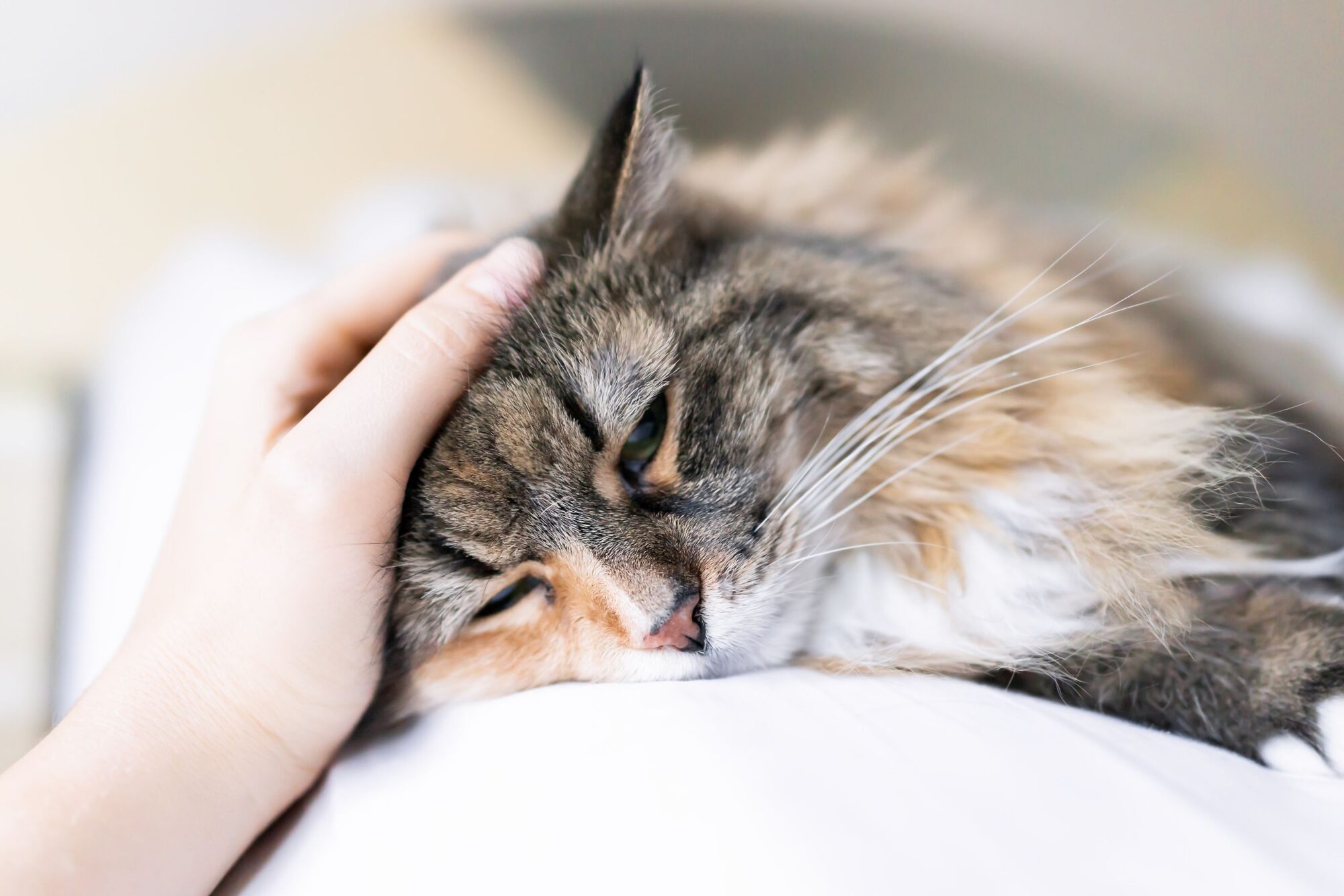
Pets can suffer from chronic pain just like humans can. But unlike humans, pets can’t tell us when they are experiencing chronic pain. At least, they can’t speak our language to let us know. But our furry friends give us plenty of signs that they’re not feeling well.
At Curem Veterinary Care, we speak your pet’s language. We’ll show you how to recognize and manage chronic pain in pets.
Continue…Overcoming Pet Separation Anxiety: Tips and Strategies for a Happy and Healthy Relationship

Our furry companions aren’t just pets but cherished members of our families. But just like humans, our pets can experience anxiety, particularly when separated from their loved ones.
Pet separation anxiety is a common issue many pet owners face, but it can be managed effectively with the right strategies and support. In this blog post, Curem Veterinary Care will explore the causes of separation anxiety in pets, provide practical tips for coping with it, and offer guidance on strengthening the bond between you and your four-legged friend.
Continue…Pawsitively Prepared: A Guide to Preparing Your Pet for Surgery

While most pet owners aren’t super excited for their pet to have surgery, it is something nearly every animal lover will have to deal with at some point. Whether it is to be spayed or neutered, to undergo an urgent procedure, or for routine care like a dental cleaning, anesthesia is a common component of pet health and wellness. So what can you as a pet owner do? Curem Veterinary Care is here to guide you through optimal pet surgery preparation.
Continue…Purrfectly Balanced: The Importance of Feline Nutrition
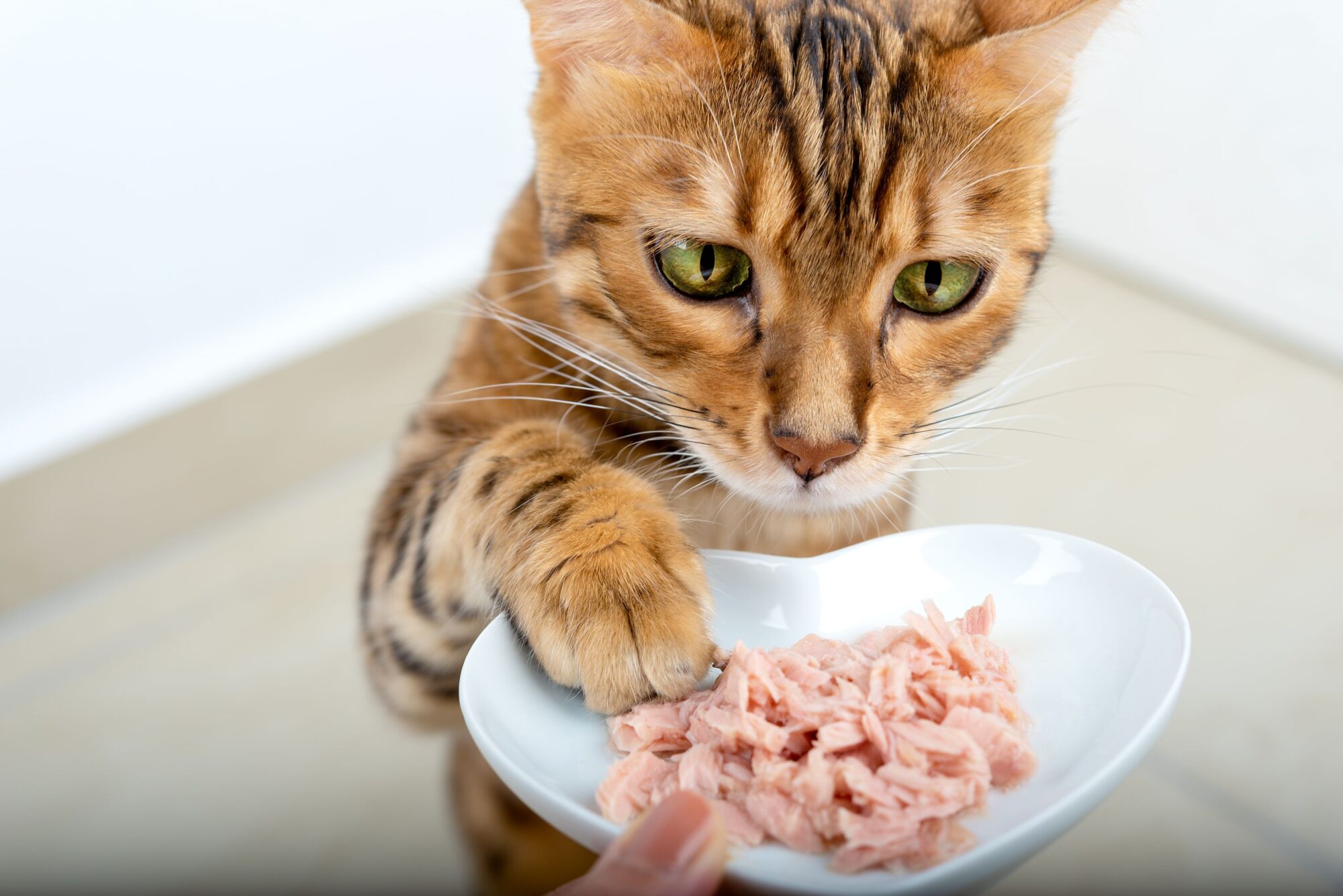
Cats are pretty amazing animals. Well-tuned machines, they are incredible hunters and even more incredible companions to us. As pet owners, we want to take the best care of them we possibly can. The foundation of good pet care starts with feeding, and feline nutrition can be a bit of an overwhelming topic. Curem Veterinary Care aims to get our pet parents started off on the right paw when it comes to feeding their animals.
How Feline Nutrition is Unique
Cats are not small dogs, nor should they eat like one. Understanding the differences is key to determining a balanced diet for cats.
When considering feline nutrition, it is important to note that:
- Cats are obligate carnivores, meaning they must eat meat to thrive
- Cats do need nutrients from non-meat sources as well
- Felines require 2-3 times more protein than dogs do
- Cats need external sources of amino acids like arginine and taurine since they cannot manufacture their own
- Many essential vitamins for cats must be provided in the food including vitamin A, vitamin D, and niacin
- Feline species have unique metabolisms that affect their use of essential fatty acids, carbohydrates, and need for B vitamins
This means that it is very important to choose a diet for your cat that has been carefully formulated to result in the perfect balance of proteins, carbohydrates, vitamins and minerals for cat health.
Feeding Your Cat
When it comes to feeding your cat the best diet possible, it definitely takes some knowledge. While it may seem easy to throw together a few ingredients to result in a tasty meal, most non-researched diets are lacking in the nutrition department.
When selecting a food for your cat, be sure to choose a diet that:
- Meet the AAFCO nutrient profile for your cat’s life stage (growth, adult, senior, etc.). The more specific the better!
- Ideally has been passed through animal feeding trials to prove suitability
- Has been formulated by a nutritional expert (ideally a board-certified veterinary nutritionist or a PhD in animal nutrition)
- Is manufactured in a plant owned by the manufacturer
- Participates in quality control measures
- Provides owner access to customer service
Not all of the most important information is on the label of your pet food. Pet Nutrition Alliance maintains a database that contains some of this information for you.
Avoid common traps of falling for flashy buzz words, paying too much attention to the ingredient list (this can often be misleading), or putting too much stock in ratings websites or pet store “experts” who are trying to sell you something.
When it comes to cat food ingredients to avoid, the list is pretty short. Cats cannot successfully eat vegetarian diets, and obviously added color dyes and the like are not ideal. For the most part though, if a food is formulated by a professional nutritionist, each ingredient serves a valuable purpose.
We are here for you as a resource as well. Never hesitate to contact us with your questions about feline nutrition, or anything else for that matter.
Finding Your Lost Pet: The Benefits of Microchipping and How It Works

No pet owner wants to imagine becoming separated from their four-legged friend. Unfortunately, though, things do happen. From an inadvertently opened door to a car wreck to a natural disaster, sometimes our pets become separated from us. Curem Veterinary Care is all about ways to help them find their way back to you. That is why we want to make sure that pet owners understand the importance of pet microchipping.
Continue…Pet Paraphimosis and Other Animal Reproductive Health Issues
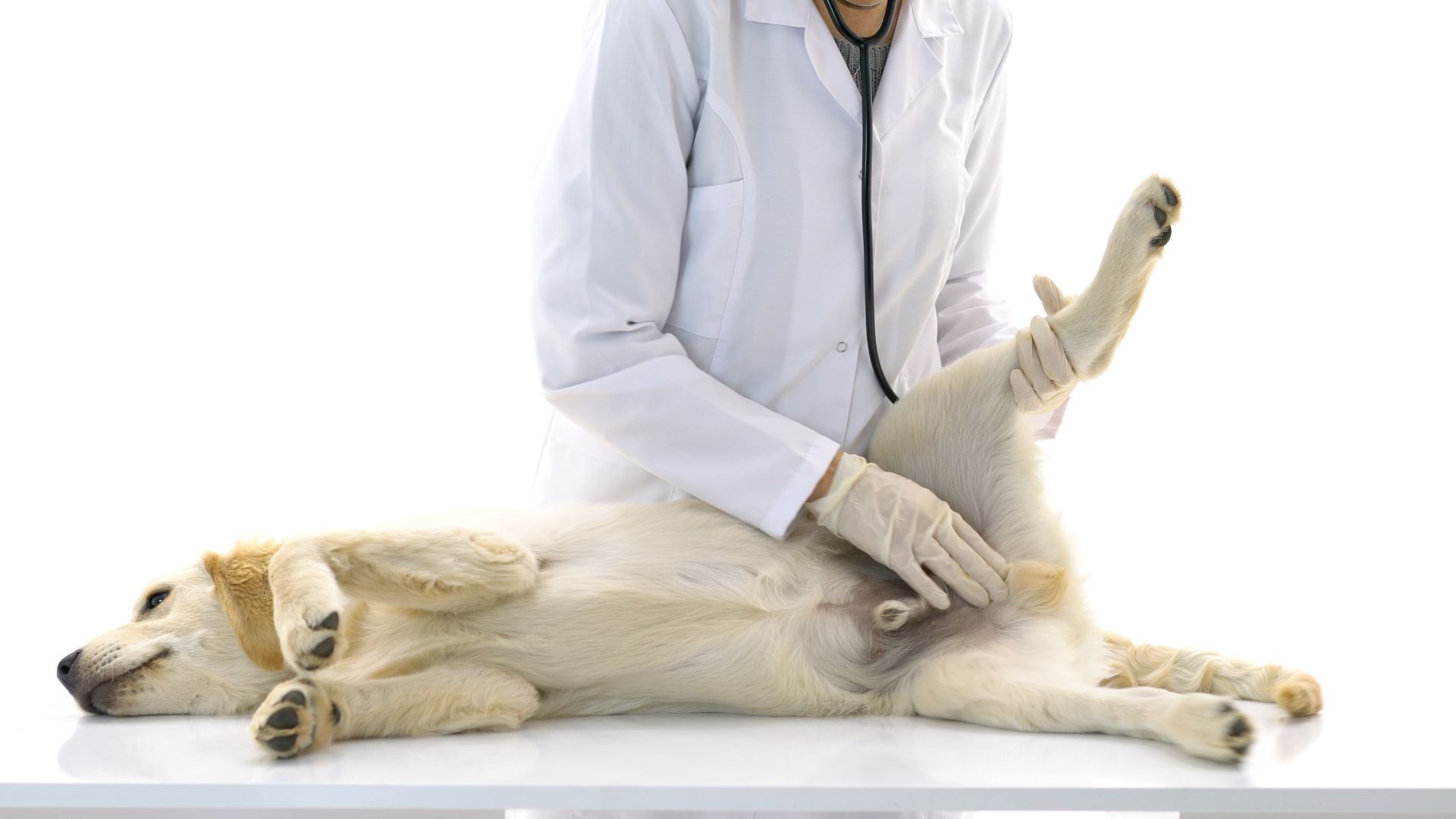
Animal reproductive health is important, and understanding all your pet’s parts is an important component of good animal care. Curem Veterinary Care knows how serious paraphimosis in pets can be, and we want you to understand what it is to get it properly treated.
Continue…Understanding Canine Hip Dysplasia
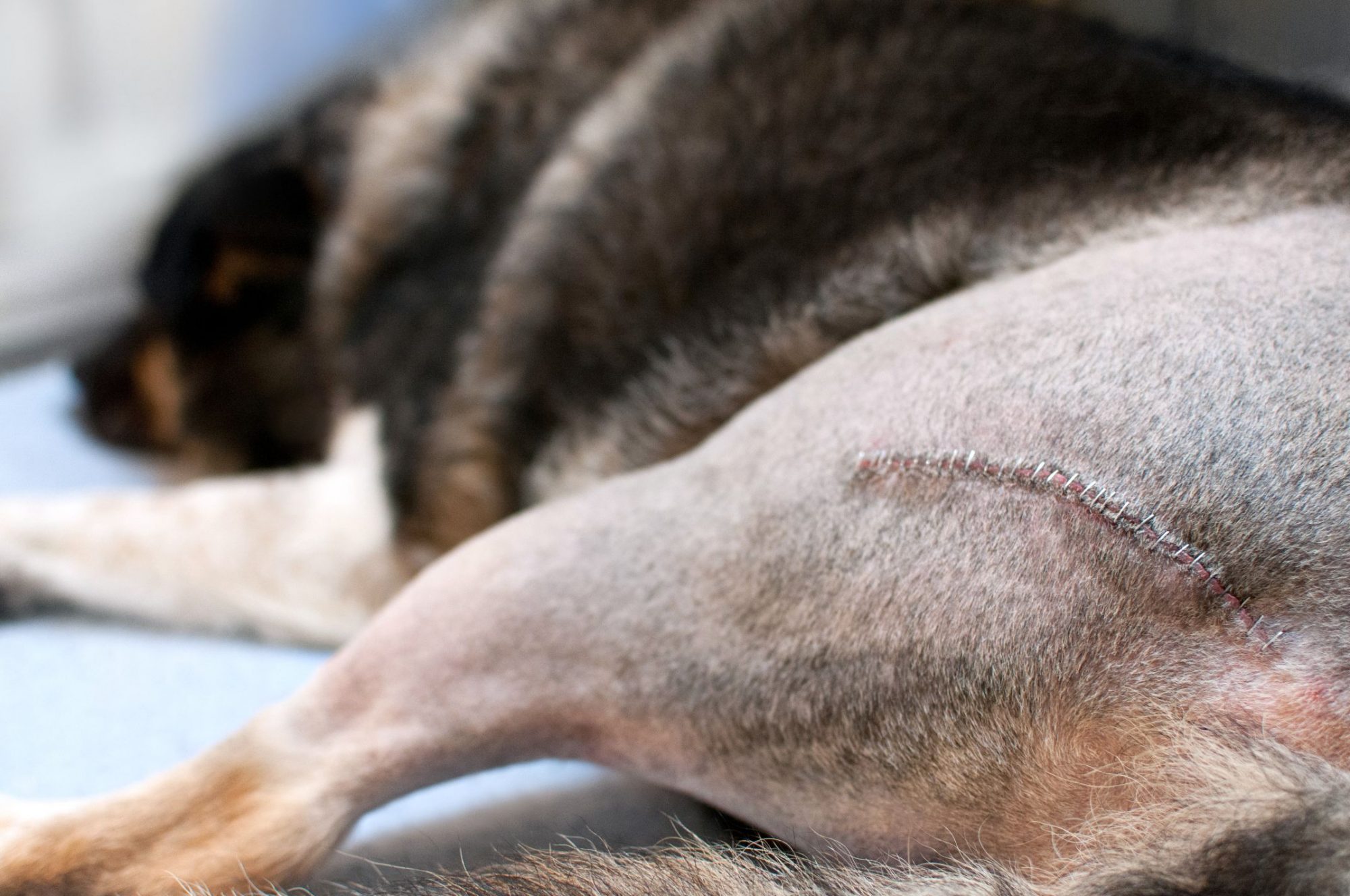
Hip dysplasia in dogs is a common canine affliction, but one not a lot of pet owners truly understand. Thankfully, though, with an expert resource like Curem Veterinary Care at your disposal, you don’t have to understand it on your own.
Continue…Prevention and Preparation: A Guide to Pet Safety in the Desert

Folks outside of Arizona might assume that the biggest threat to pet safety in the desert is, quite obviously, the weather. Without a doubt, the heat in Arizona can cause serious illness in pets and can even be deadly. Unfortunately, high heat is really just the tip of the iceberg when it comes to the risks to pet safety in the desert. With a wide variety of potential threats on the vast horizon, it’s essential to be on the lookout all year long. We can help you brush up on the ways to prevent and handle pet emergencies in the southwest.
Continue…